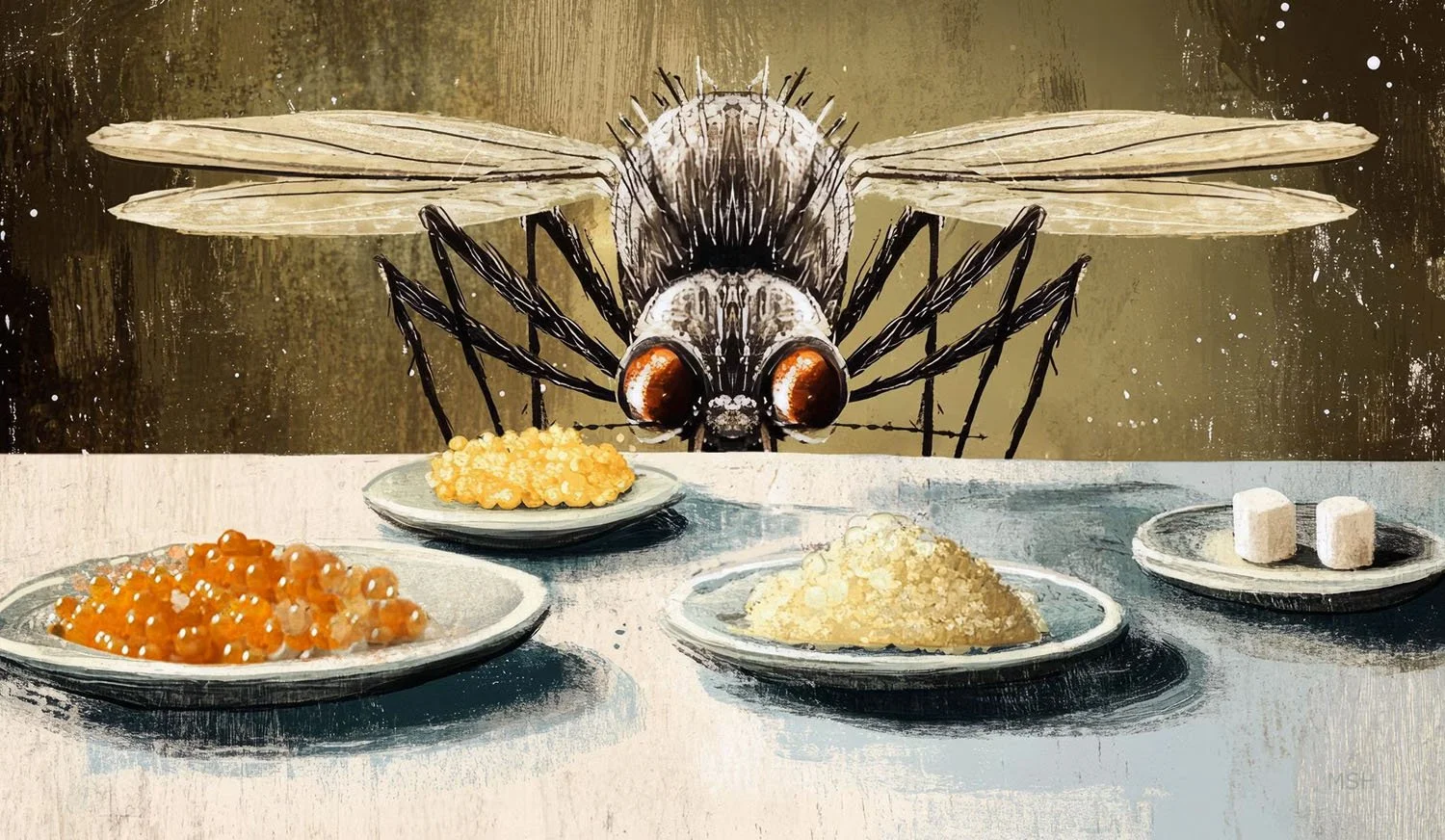Dr. Baik’s Work Featured in Yale News
Dr. Baik aims to uncover how the sense of taste in mosquitoes plays a crucial role in deciding when and why mosquitoes feed, after they’ve landed on your skin. By analyzing how taste neurons respond to various compounds, the research team discovered that the combinations of salt and amino acids, which are commonly found in human sweat and skin, synergistically increased biting, while bitter compounds suppress feeding and egg‑laying behaviors. They also showed that mosquitoes prefer some people's sweat over others, which may help explain why some people get bitten more than others.
This research sheds light on how mosquitoes evaluate potential human hosts beyond the well‑studied cues of smell and heat. Understanding taste-based cues offers a potential path toward novel bite-prevention strategies and disease-control interventions.
“There are a lot of places in nature that have salt and a lot of places that have amino acids, but humans have both together on our skin. So maybe the mosquito is able to identify the combination and recognize our skin as a good place to bite.”

